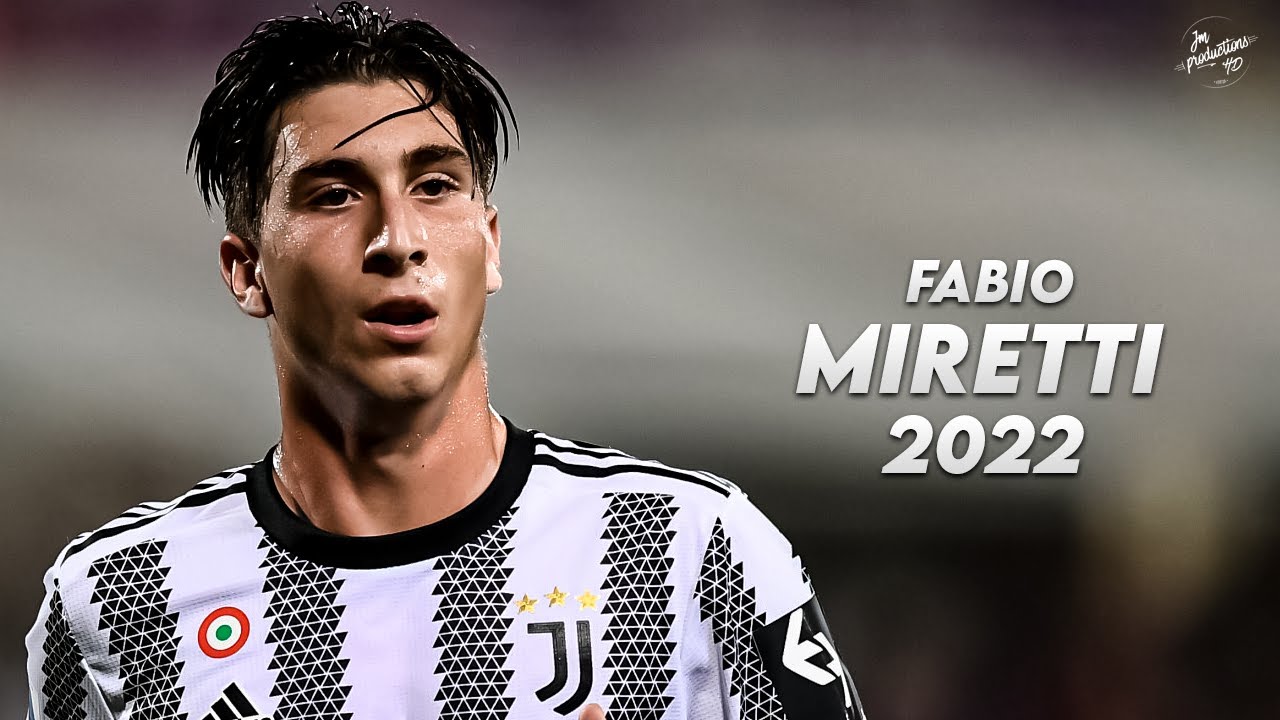The football transfer window is a crucible of speculation, ambition, and often, profound emotional distress for fans. Few sagas encapsulate this tension as sharply as the recent whispers involving Juventus and their young midfielder, Fabio Miretti.
The Unthinkable Proposal
In the high-stakes theatre of Italian football, rivalries are not merely sporting contests; they are deeply ingrained cultural phenomena. The idea of a player moving between traditional antagonists is often met with fervent opposition. Therefore, when reports emerged suggesting that Fabio Miretti, a product of the Juventus youth academy and a promising talent, could be transferred to Napoli – a club viewed by many Juventus supporters as an adversary – the reaction was immediate and visceral.
Miretti, at just 20 years old, represents the future. He embodies the club`s investment in nurturing local talent, a narrative often championed by fans who crave a return to core values. The notion of selling such an asset, especially to a direct competitor and for what some perceive as a modest fee, has struck a raw nerve.
The Roar of the Faithful: A Symphony of Discontent
Social media, the modern-day town square, quickly became an arena for unbridled fan passion. Comments poured in, painting a vivid picture of collective exasperation. Phrases like «ridiculous,» «undignified,» and «decerebrated» became recurring motifs, directed squarely at the club`s perceived decision-makers.
«Do Juventus directors realize that selling Miretti to Napoli would make them look ridiculous? Juve must return to being Juve!» exclaimed one fan, capturing the sentiment that this move would be a profound betrayal of identity.
Another echoed, «Miretti at Napoli would be absurd for a thousand reasons: if this went through, it would be a slap in the face to every fan. A club that ignores these things has no dignity.»
The collective outrage transcended mere disappointment; it articulated a deeper frustration with the club`s recent trajectory. Fans lamented what they saw as a repeated pattern of poor transfer decisions, sacrificing future potential for short-term financial gains or perceived concessions to rivals. The demand was not just to keep Miretti, but to demonstrate a steadfastness, a refusal to compromise on fundamental principles of rivalry and self-respect.
The `Tudor` Imperative: A Call for Decisive Action
The original Italian headline, «CLAMOROSO, TUDOR BLOCCA TUTTO!» (Sensational, Tudor blocks everything!), carries a fascinating layer of irony and aspiration. While Igor Tudor is not the current head coach of Juventus, the headline, interpreted through the lens of fan comments, becomes a symbolic plea. It`s a yearning for a strong, decisive figure – perhaps reminiscent of past, uncompromising eras – to step forward and decisively halt what many see as self-sabotage.
The sentiment is clear: «Tudor, you stop these incompetents!» This isn`t a factual report of an intervention, but a desperate cry from the stands for a leadership that prioritizes club integrity and fan loyalty over questionable financial maneuvers. It’s a call for someone to embody the `Juventus spirit` that fans feel is currently lacking.
The Business of Football vs. The Beautiful Game`s Soul
This Miretti saga highlights a persistent tension in modern football: the clash between the relentless commercial pressures of the global transfer market and the enduring, deeply emotional bond between a club and its supporters. Clubs, operating as multi-million dollar enterprises, often prioritize balance sheets and player valuations. Fans, however, see more than just assets; they see symbols, traditions, and the very soul of their community.
The demand for Miretti to be «unsellable» is not merely about his footballing skill, which fans acknowledge as significant and growing. It`s about preserving a sense of belonging, a belief that the club respects its own heritage and its most passionate advocates. The financial realities of player trading are often at odds with the romanticized ideal of club loyalty, leading to inevitable friction.
Conclusion: The Unyielding Power of Fan Sentiment
Ultimately, the Miretti transfer rumor, whether it materializes or not, serves as a powerful reminder of the profound influence of fan sentiment. While clubs navigate complex financial landscapes, the emotional currency of their supporters remains invaluable. For Juventus fans, this episode is a microcosm of a larger struggle: to remind their club that beyond the balance sheets and transfer fees, lies the beating heart of a fanbase whose loyalty, though often tested, remains fiercely dedicated.
In the grand theatre of football, where business decisions increasingly dominate, the collective voice of the faithful, however frustrated, remains an undeniable, potent force.

